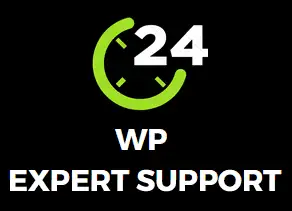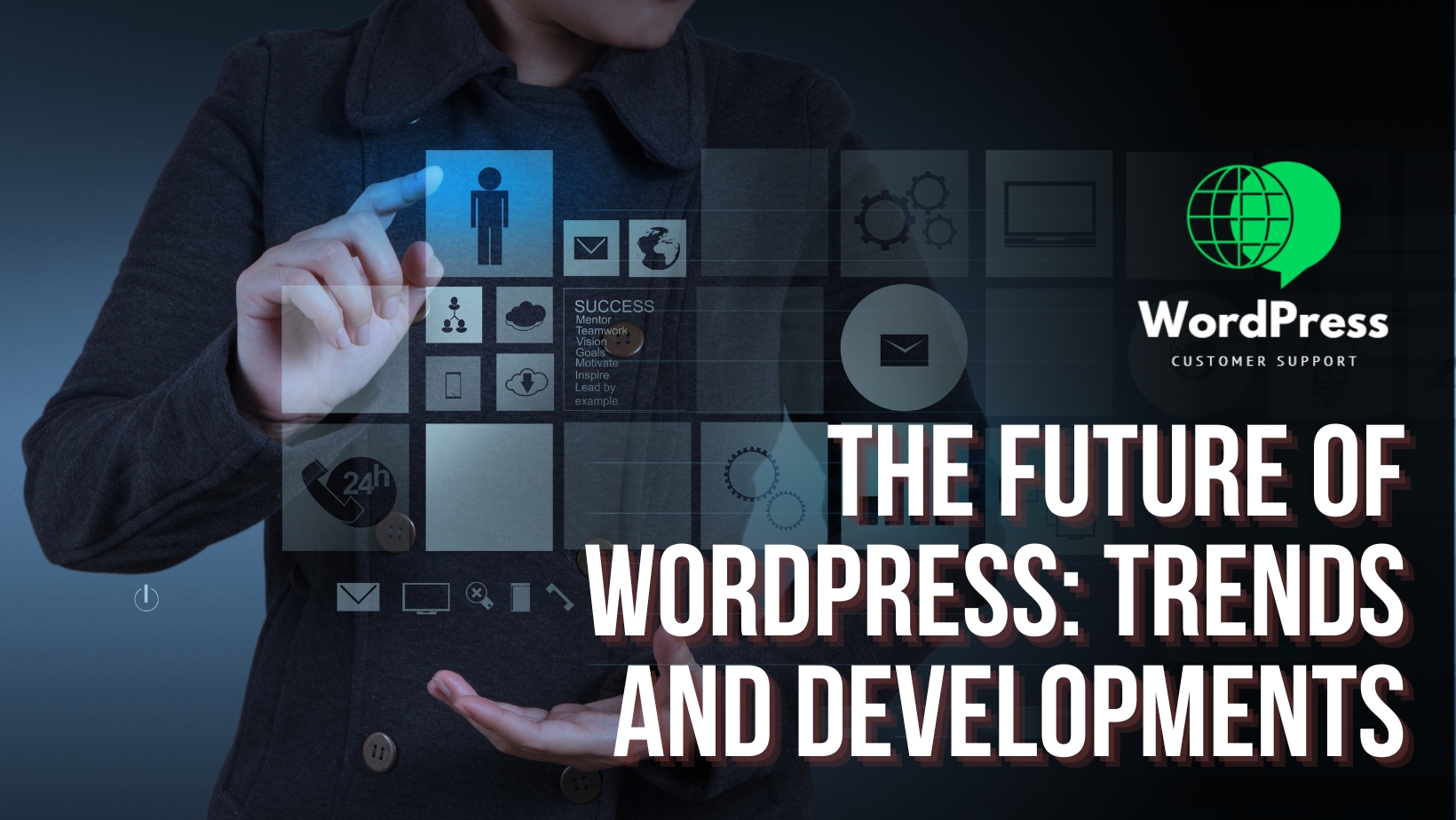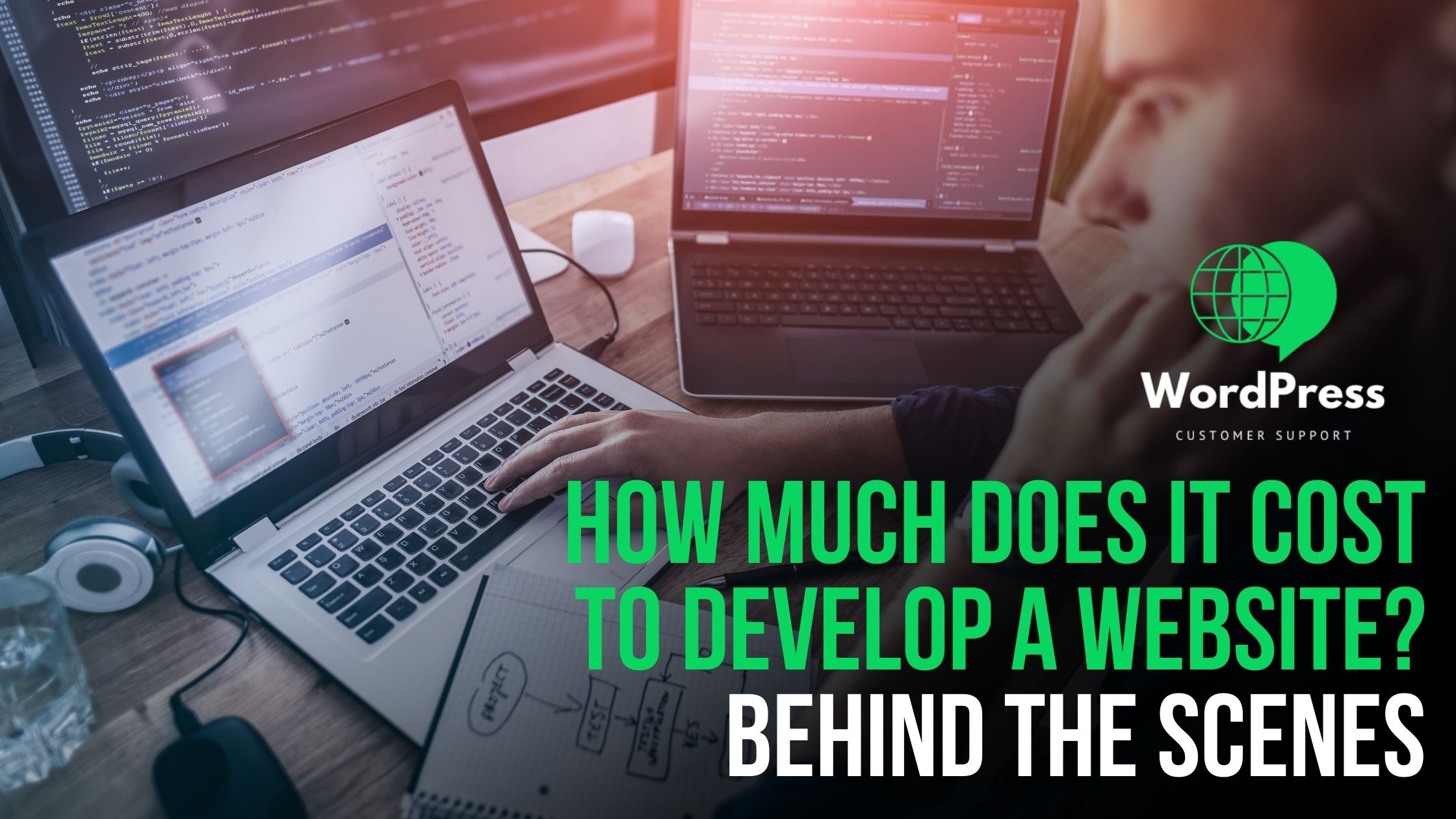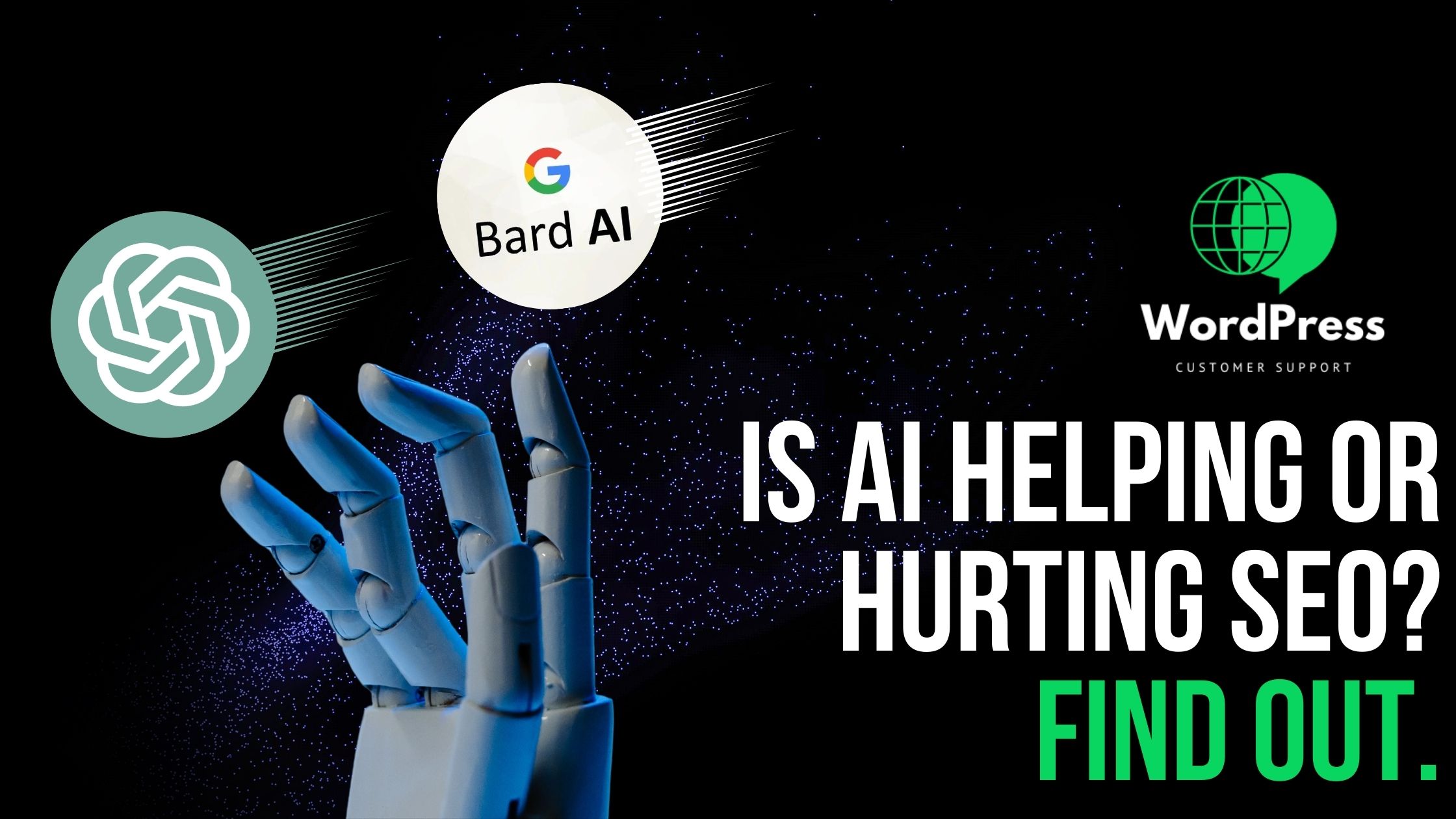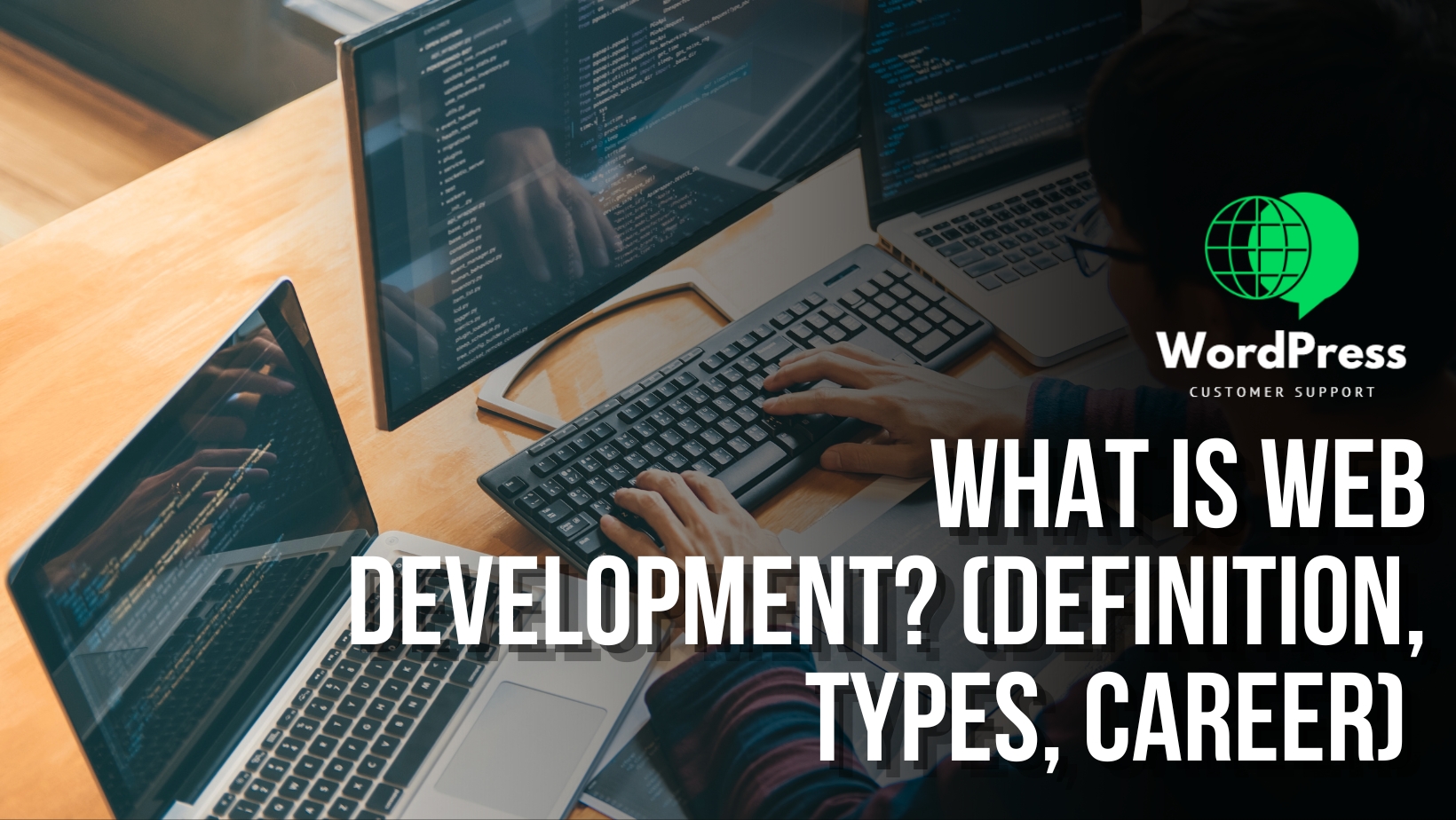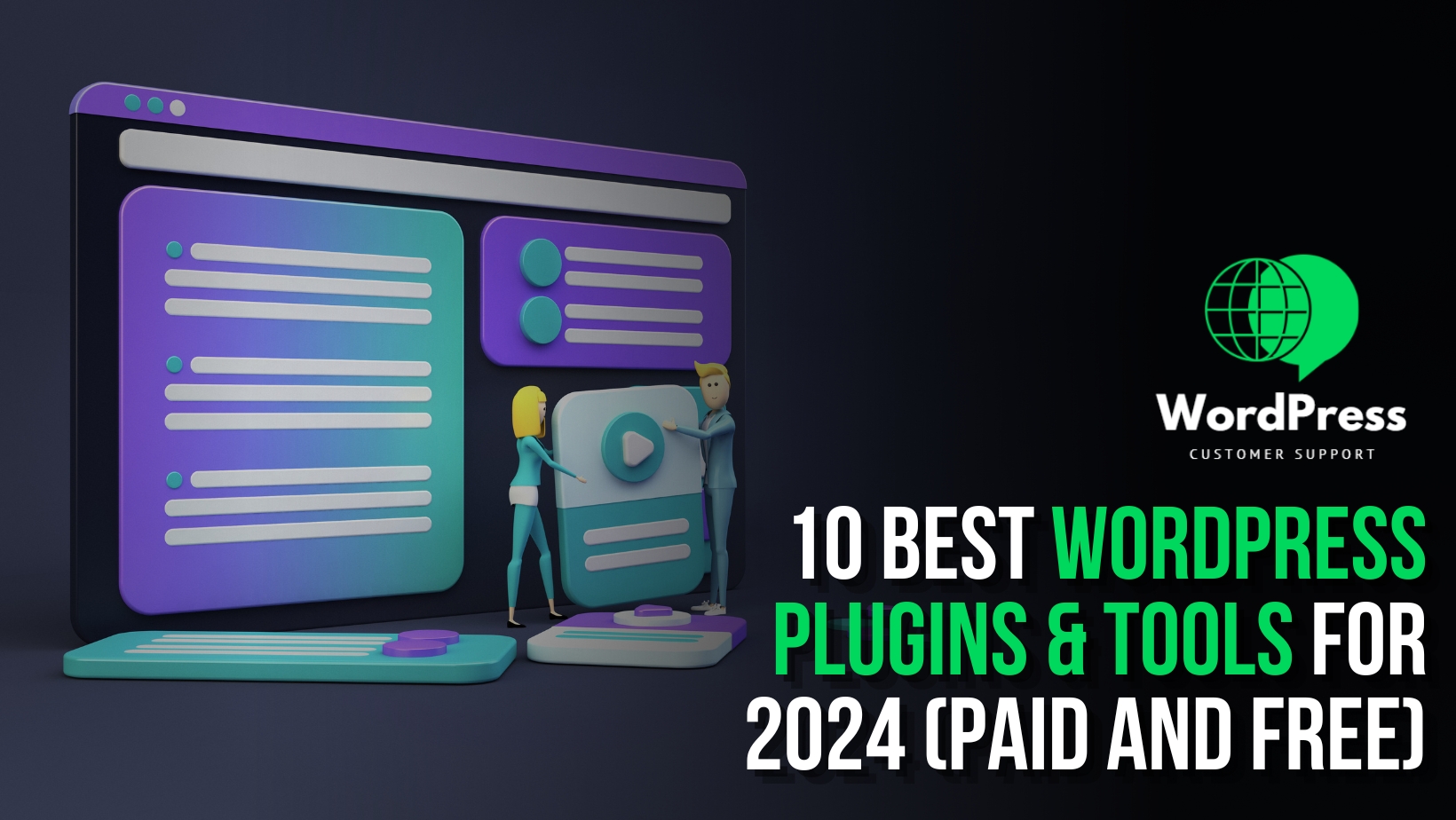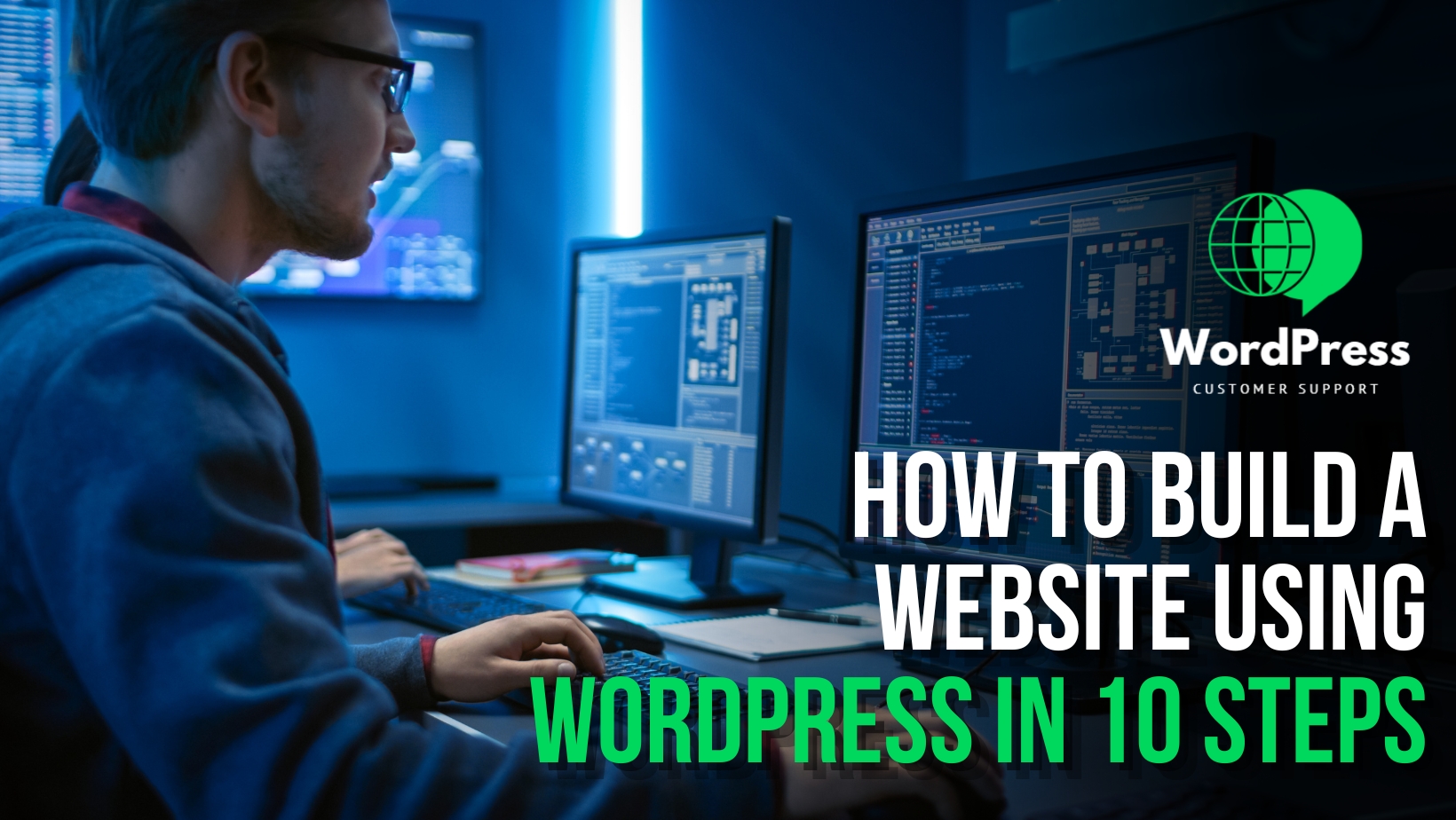Introduction
WordPress, born in 2003 as a modest blogging platform, has transformed into a versatile and potent content management system (CMS) relied upon by millions of websites worldwide. As we gaze into the horizon, this comprehensive blog delves into the trends and developments that will shape the intriguing future of WordPress.
- Block-Based Editing
Gutenberg, the block-based editor, stands as one of the most profound changes in WordPress’s recent history. By breaking content down into modular blocks, it offers unprecedented flexibility and control over content creation. As we peer into the future, anticipate further enhancements to Gutenberg. These may include an expanded repertoire of block types, tighter integration with third-party plugins, and a streamlined performance, simplifying content creation to even greater levels of user-friendliness.
- Full Site Editing
Full Site Editing is another remarkable evolution that redefines how WordPress websites are constructed. It empowers users to customize every aspect of their website, from headers and footers to templates and theme design, using the block editor. As Full Site Editing matures, we anticipate a gradual shift away from traditional themes and page builders. Users will gain the liberty to design and structure their websites in a more dynamic and visually appealing manner, all without needing advanced coding skills.
- Performance Optimization
The speed and performance of a website are pivotal for user experience and search engine rankings. WordPress has embarked on a journey of performance optimization, an endeavor that shall continue into the future. Core updates will be laser-focused on making WordPress swifter and more resource-efficient, ensuring websites load expeditiously and seamlessly.
Moreover, the adoption of contemporary web technologies, such as Progressive Web Apps (PWAs) and serverless architecture, is on the horizon. These technologies promise to bolster WordPress’s performance, transforming websites into more app-like experiences, replete with offline capabilities and swift loading times.
- Enhanced Security
In an age where cybersecurity concerns loom large, WordPress has become an attractive target for hackers and malicious entities. The platform’s commitment to security remains steadfast, with future WordPress iterations set to incorporate fortified security features and enhanced protection against prevalent vulnerabilities.
Users can also expect a raft of improved tools for managing security, such as automated security scans, two-factor authentication, and more robust password management systems. These measures shall serve as a bulwark, safeguarding WordPress website owners and their precious content.
- Enhanced E-Commerce Capabilities
The e-commerce sector has experienced unprecedented growth in recent years, and WordPress is primed to ride this wave. With the integration of WooCommerce and other e-commerce plugins, WordPress has emerged as a top choice for online stores. Looking ahead, further enhancements are in the pipeline, aiming to facilitate businesses in selling their products and services online with greater ease.
These enhancements could encompass superior inventory management systems, improved payment gateways, and a richer suite of product customization options. As a result, WordPress is poised to continue being a competitive player in the realm of e-commerce websites.
- Accessibility and Inclusivity
Accessibility in web development is non-negotiable, and WordPress is resolutely committed to making the web more inclusive for all users. The WordPress Accessibility Team is diligently working to elevate accessibility standards within the platform, ensuring that websites built using WordPress are accessible to individuals with disabilities.
In the future, expect WordPress to elevate its commitment to inclusivity further. Anticipate improved tools and features designed to simplify the creation of accessible content and websites. This commitment to inclusivity shall ensure that WordPress remains a platform accessible and usable by everyone, irrespective of their abilities or disabilities.
- Headless WordPress
Headless WordPress is an emerging trend that decouples the front-end and back-end of a WordPress site. In this approach, WordPress serves as a content repository, while a separate front-end application, often constructed with JavaScript frameworks like React or Vue.js, handles the presentation and user interface.
Headless WordPress offers unparalleled flexibility and scalability, making it suitable for an array of applications, ranging from single-page apps to progressive web apps. As this trend gathers momentum, developers seeking dynamic and interactive website experiences shall find headless WordPress to be an increasingly attractive option.
Conclusion
The future of WordPress glistens with promise and innovation, with a steadfast focus on improving user experience and inclusivity. With block-based editing, Full Site Editing, and other innovations continuing to mature, WordPress will persist as a versatile and user-friendly platform, catering to a wide range of website types and purposes.
Whether you’re a blogger, a business owner, or a developer, WordPress will furnish you with the tools and capabilities. Staying abreast of these trends and developments will be instrumental. It ensures that your WordPress site remains competitive and relevant in the ever-evolving digital landscape. As WordPress advances, so too will the possibilities for creating stunning, functional websites that captivate and delight users.



